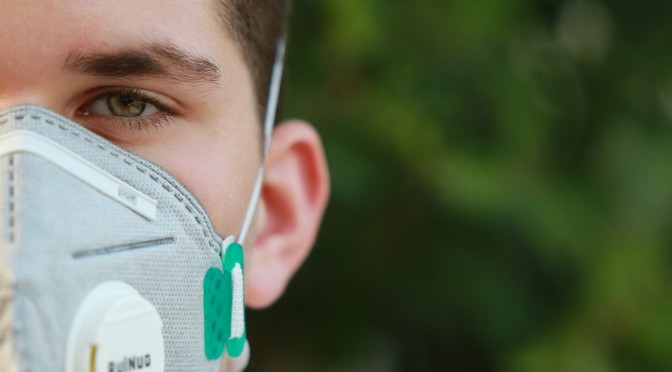The 2009 swine flu pandemic lasted for about 19 months, from January 2009 to August 2010. Since then, people have continued to get sick from swine flu, but not as many. While swine flu isn’t as deadly a threat as it seemed a few years ago, it’s still important to protect yourself from getting it. Read on for tips on how to avoid swine flu…
Respiratory diseases, like swine flu and COVID-19, are usually transmitted from person to person by droplets spread from coughing and sneezing. The range of this droplet spread depends greatly on a number of varying factors including the strength or the cough/sneeze, the proximity of the individuals and the blocking methods used (handkerchiefs, tissues etc) by the person themselves.
To help avoid contracting swine flu or other respiratory illnesses while travelling, it is important for to follow local regulations and government travel advice. Some recommended ways to stay safe from swine flu on your travels include wearing face coverings in public spaces where social distance cannot be maintained and ensuring good hand hygiene.
The other major method of transmission is self induced. This is where there is personal hand contact with an infected individual or infected surface which then places the virus on the individuals hand and can then be all too easily moved to their mouth or eyes and thus allow the disease easy access to the body. To avoid swine flu, be sure to maintain good hand hygiene. It is recommended to sanitize or regularly wash hands with warm soapy water, to reduce the risk of becoming infected by this method. Carrying an alcohol-based hand gel is a great way to avoid swine flu while on-the-go. It’s also important to touching as few surfaces as possible and avoiding touching your face with unclean hands.
Swine flu vaccines were developed to protect people from the virus and to stop the swine flu virus from spreading.
Two pandemic flu vaccines were used in Ireland. These vaccines were called Pandemrix, manufactured by GSK, and Celvapan, manufactured by Baxter. These vaccines were licensed by the European Commission following an assessment process by the European Medicines Agency (EMEA) in conjunction with the Irish Medicines Board (IMB) (now Health Products Regulatory Authority (HPRA)). These vaccines were used in many countries in Europe and across the world to protect people against swine flu and the potentially serious complications of the disease.
Thank you for reading How to Avoid Swine Flu – Travel Health Advice. For more information please visit Irish HSE’s Health Protection Surveillance Centre or the WHO.

